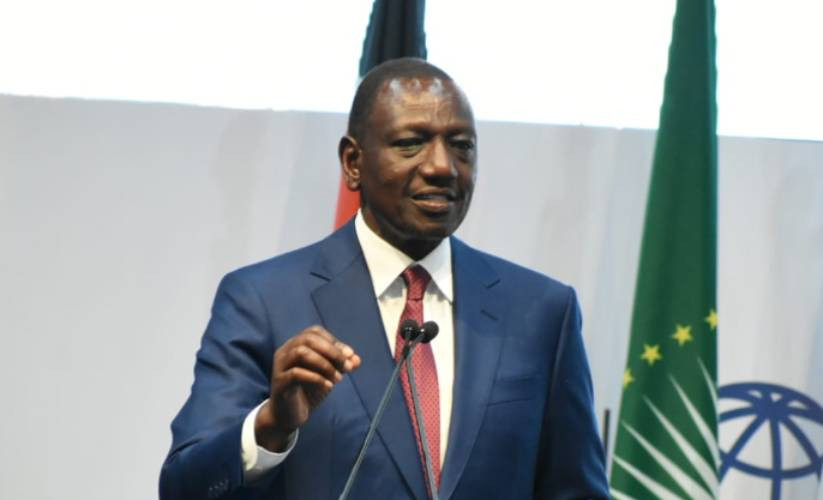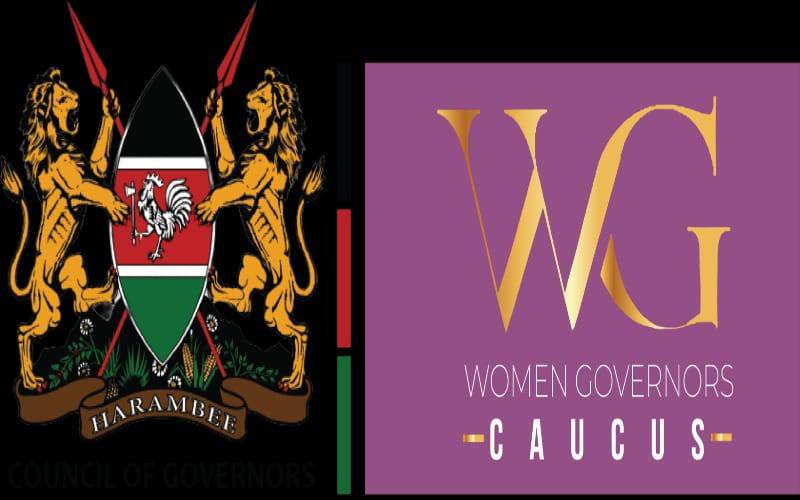Revelations that tax exemptions offered by Government to foreign investors to attract more business to the country are not achieving their objectives need to be investigated further.
A story carried in this paper details a study conducted by two organisations-the Tax Justice Network-Africa and Action Aid International, which shows the zero-sum game that results from tax exemptions to firms in Export Processing Zones (EPZ).
Most of these firms receive some sort of exemption from paying various forms of taxes.
But exactly what they must do, how much they must do and how much these efforts should count toward satisfying the criteria for tax-exempt status is anything but clear.
This ambiguity has led to open abuse of the process and there are reports that the country could be losing up to Sh100 billion annually as a result of these anomalies.
Further disclosure that tax exemption has done little to attract Foreign Direct Investment (FDI), which is the main reason why it exists, negates every reason for which this system was adopted.
The idea behind tax exemption is that it is in effect a subsidy granted by legislative grace to those companies rendering crucial services to the economy and that such exemptions relieve the firms of tax obligations that other taxpayers are obliged to assume.
Who gains?
But our system is too riddled with special interest loopholes. It absurd that a company like De La Rue, which makes billions by printing billions of money for us is a beneficiary of these rules.
The question is: Just how did De La Rue find its way here?
It is absurd that some companies that close shop on the ninth year are able to re-enter the country with new identities even after abusing the 10-year tax break accorded new investors.
Another question that begs for answers is: Who is licensing these phantom outfits to operate in our country?
We do not have answers to these questions but we know that enforcement of such rules may require the application of imprecise legal standards or even reinforcement ideas that may sometimes seem complex.
What is coming out through all these is that the Kenya Revenue Authority (KRA) and other relevant bodies charged with this duty maybe finding this task difficult to perform.
As a result, it is very difficult to determine if the public is getting fair value in exchange for allowing companies to pay no taxes on massive amounts of net income, pay no property taxes on most of the valuable land and buildings they own and pay no capital gains taxes on income generated by several-billions of shillings investment portfolios.
Stay informed. Subscribe to our newsletter
Powerful constitutional and political factors underlie these exemptions, but it is disheartening that those who don’t get tax breaks have to pick up the slack from those who do. And in the case of our country, it is lower-income earners who pick up more of the slack because high earners like Members of Parliament are reluctant to pay tax.
So what should we do as a country to save some face, and in the process, a lot of money?
The answers aren’t as easy as they may seem. But there are a lot of good reform ideas out there. We propose strong legislative action that includes either termination or re-examination of tax exemptions because they add no value.
The study referred to above shows that while Kenya’s FDI inflows stood at $133 million in 2010, Uganda and Tanzania had $848 million and $700 million respectively, over the same period. These two countries are not as generous with tax exemptions like Kenya.
Rethink perhaps?
As the new regime at KRA works to transform the state’s revenue model, authorities should seriously start rethinking other ways of attracting and retaining FDI.
The country has undergone a lot of reforms meant to align operations with the new constitutional order. KRA has taken steps to enhance revenue collection and needs to do more.
They also need to take a long, hard look at exemptions with a clear eye as to whether they benefit the interests of a few or the well-being of the whole country.
 The Standard Group Plc is a
multi-media organization with investments in media platforms spanning newspaper
print operations, television, radio broadcasting, digital and online services. The
Standard Group is recognized as a leading multi-media house in Kenya with a key
influence in matters of national and international interest.
The Standard Group Plc is a
multi-media organization with investments in media platforms spanning newspaper
print operations, television, radio broadcasting, digital and online services. The
Standard Group is recognized as a leading multi-media house in Kenya with a key
influence in matters of national and international interest.
 The Standard Group Plc is a
multi-media organization with investments in media platforms spanning newspaper
print operations, television, radio broadcasting, digital and online services. The
Standard Group is recognized as a leading multi-media house in Kenya with a key
influence in matters of national and international interest.
The Standard Group Plc is a
multi-media organization with investments in media platforms spanning newspaper
print operations, television, radio broadcasting, digital and online services. The
Standard Group is recognized as a leading multi-media house in Kenya with a key
influence in matters of national and international interest.









